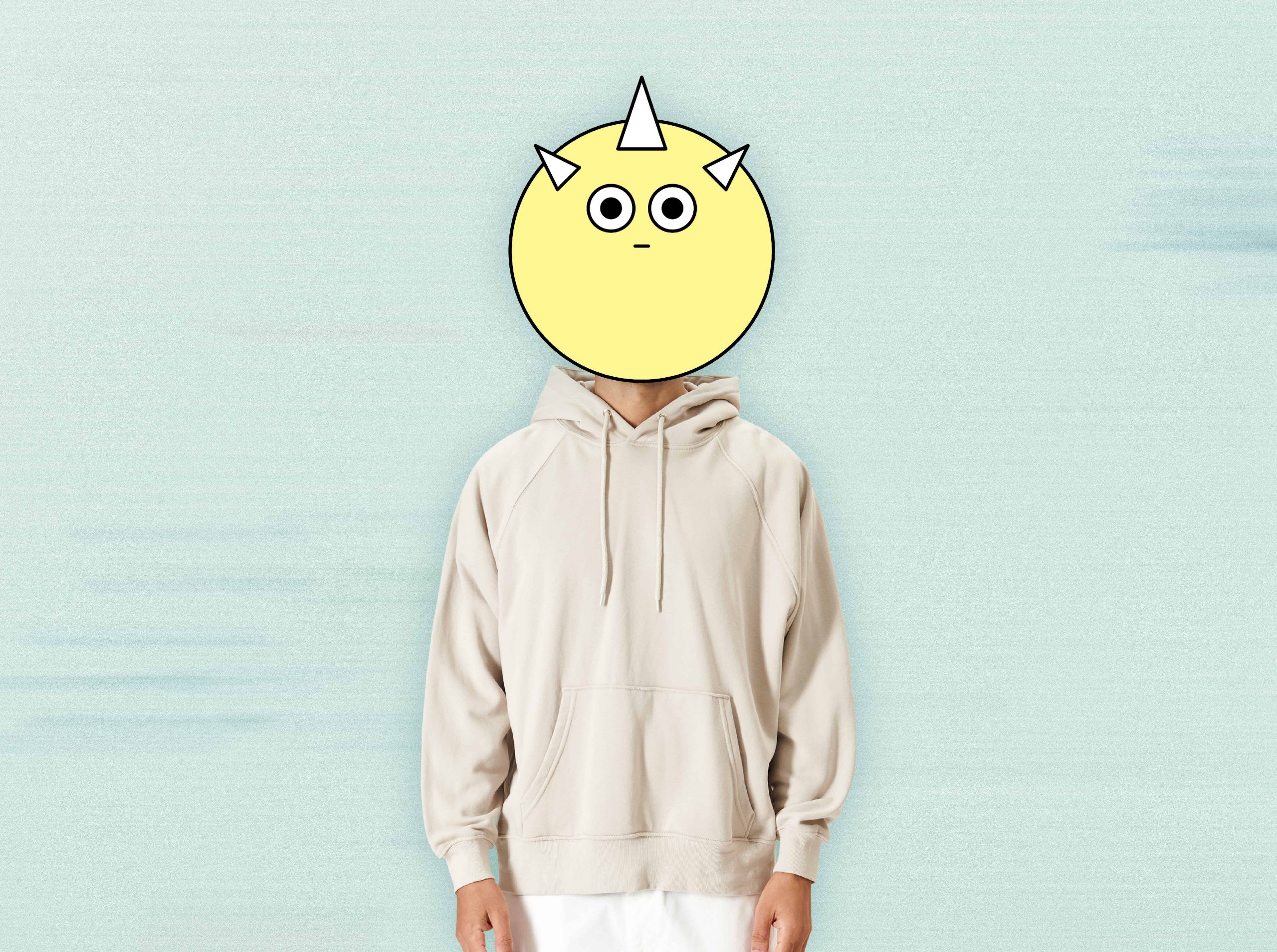Let's talk about orphans jokes – a topic that might seem controversial, but trust me, it's more complex than you think. Humor has always been a way for humans to cope with difficult situations, and orphans jokes are no exception. These jokes often walk a fine line between being offensive and thought-provoking, making them an interesting subject to explore. So, why do we laugh at orphans jokes, and what do they say about our society? That's what we're diving into today.
Now, before you get all bent out of shape, hear me out. Orphans jokes have been around for decades, and they've evolved over time. What started as a way to mock societal issues has turned into a deeper reflection of how we process emotions like grief, loss, and resilience. It's not just about making fun of someone's misfortune; it's about understanding the complexities of humor in a world that's not always fair.
So, whether you're here because you're curious about the psychology behind orphans jokes or you're just looking for some lighthearted entertainment, you've come to the right place. This article will take you through the history, psychology, and cultural significance of these jokes, all while keeping things real and engaging. Let's get started!
Read also:Lauren Simonetti Wiki The Ultimate Guide To Her Life Career And Achievements
Table of Contents
- The History of Orphans Jokes
- The Psychology Behind Orphans Jokes
- Types of Orphans Jokes
- Cultural Implications
- Controversy Surrounding Orphans Jokes
- Unexpected Benefits of Orphans Jokes
- Some Examples of Orphans Jokes
- Sensitivity in Humor
- The Impact on Society
- Final Thoughts
The History of Orphans Jokes
Orphans jokes have been around longer than you might think. Back in the day, humor was a way to deal with the harsh realities of life, and orphans were unfortunately a common sight in many societies. Think about it – Dickens wrote about them, Victor Hugo wrote about them, and even Shakespeare threw in a few orphan characters here and there. So, it's no surprise that jokes about orphans started popping up in various cultures.
But why orphans? Well, orphans represent vulnerability, and vulnerability is often a target for humor. It's not because people are cruel, but because humor is a coping mechanism. In the 19th century, when child labor and poverty were rampant, orphans jokes served as a way to highlight the absurdity of the situation. It was like saying, "Yeah, this is messed up, but at least we can laugh about it."
Evolution of Orphans Jokes
Over time, orphans jokes have evolved. What started as dark, gritty humor has transformed into something more nuanced. Today, you'll find orphans jokes that tackle serious issues like adoption, foster care, and societal responsibility. Some jokes even use humor to bring attention to these topics, encouraging people to take action.
For example, instead of just making fun of an orphan's situation, modern orphans jokes often include a call to action, like donating to a charity or volunteering at a shelter. It's a way of saying, "Yeah, this is funny, but it's also a real problem that needs solving."
The Psychology Behind Orphans Jokes
Now, let's dive into the psychology of orphans jokes. Why do we find humor in something that's inherently sad? It all comes down to cognitive dissonance. Our brains are wired to process emotions, and sometimes, humor is the easiest way to deal with something that's too heavy to handle. Think about it – when you're in a really awkward situation, what's the first thing you do? You laugh, right? It's the same with orphans jokes.
Research shows that humor can actually help reduce stress and improve mental health. By laughing at orphans jokes, we're not just making light of a serious issue; we're also processing our emotions in a healthy way. It's like therapy, but with punchlines.
Read also:Femboy Animes A Deep Dive Into A Unique And Evolving Genre
Dark Humor and Its Role
Dark humor, in particular, plays a significant role in how we perceive orphans jokes. It's not just about making fun of someone's misfortune; it's about finding the absurdity in a difficult situation. Dark humor allows us to confront our fears and anxieties in a safe, controlled environment. It's like a mental workout – the more you laugh at dark humor, the better you get at handling tough situations in real life.
Types of Orphans Jokes
Orphans jokes come in all shapes and sizes. Some are straightforward, while others are more subtle. Here are a few common types:
- Situational Jokes: These jokes focus on the specific situations orphans find themselves in, like living in an orphanage or dealing with adoptive parents.
- Wordplay Jokes: These jokes rely on puns or clever wordplay to make people laugh. For example, "Why did the orphan bring a ladder to the bar? Because he heard the drinks were on the house!"
- Satirical Jokes: These jokes use humor to critique societal issues, like poverty or inequality. They often have a deeper message hidden beneath the laughter.
Cultural Implications
Orphans jokes also have cultural implications. In some cultures, humor is seen as a way to bring people together, even in difficult times. In other cultures, however, orphans jokes might be seen as disrespectful or insensitive. It all depends on the cultural context and the values of the society.
For example, in Western cultures, orphans jokes might be more accepted because of the emphasis on free speech and individual expression. In contrast, in more collectivist cultures, orphans jokes might be seen as divisive or harmful. It's all about understanding the cultural nuances and respecting different perspectives.
Global Perspectives
Looking at orphans jokes from a global perspective, you'll find that they vary greatly depending on the region. In some parts of the world, orphans jokes are used to highlight the need for social reform, while in others, they're simply a way to pass the time. It's fascinating how humor can be both universal and deeply rooted in cultural traditions.
Controversy Surrounding Orphans Jokes
Of course, orphans jokes aren't without controversy. Some people argue that they perpetuate negative stereotypes about orphans and foster children. Others believe that they trivialize serious issues like poverty and neglect. It's a valid concern, and one that deserves attention.
However, it's important to note that not all orphans jokes are created equal. Some are genuinely offensive, while others are well-intentioned and thought-provoking. It's up to each individual to decide where to draw the line and how to engage with these types of jokes.
Addressing Sensitivity
To address the sensitivity surrounding orphans jokes, it's crucial to have open and honest conversations about why they make people uncomfortable. By acknowledging the potential harm, we can work towards creating a more inclusive and respectful form of humor.
Unexpected Benefits of Orphans Jokes
Believe it or not, orphans jokes can have some unexpected benefits. For starters, they can help break down barriers and foster empathy. When we laugh at orphans jokes, we're reminded that even the most vulnerable among us can find joy and resilience in the face of adversity.
Additionally, orphans jokes can serve as a catalyst for change. By highlighting the issues faced by orphans and foster children, these jokes can inspire people to take action and make a difference. It's a powerful reminder that humor can be a force for good, not just a way to pass the time.
Humor as a Tool for Change
Using humor as a tool for change is nothing new. From political satire to social commentary, humor has been a driving force behind many movements throughout history. Orphans jokes are just another example of how humor can be used to challenge the status quo and encourage people to think critically about the world around them.
Some Examples of Orphans Jokes
Now, let's take a look at some examples of orphans jokes. Keep in mind that these jokes are meant to be lighthearted and not offensive. If you find them offensive, that's okay – humor is subjective, and what works for one person might not work for another.
- Why did the orphan bring a ladder to the bar? Because he heard the drinks were on the house!
- What do you call an orphan who likes to dance? A foster dancer!
- Why did the orphan go to space? Because he wanted to see if there were any stars in his future!
Sensitivity in Humor
When it comes to orphans jokes, sensitivity is key. It's important to be mindful of the impact our words can have on others. While humor can be a powerful tool, it can also be hurtful if not used carefully. That's why it's crucial to approach orphans jokes with empathy and respect.
One way to ensure sensitivity is to consider the audience. Are you telling the joke to a group of friends who share your sense of humor, or are you in a more formal setting where humor might not be appreciated? It's all about reading the room and knowing when to push boundaries and when to hold back.
Respecting Boundaries
Respecting boundaries is an essential part of humor. Just because a joke is funny to you doesn't mean it will be funny to everyone. It's important to be open to feedback and willing to adjust your approach if necessary. After all, humor is a two-way street – it's not just about making people laugh; it's about understanding and connecting with them on a deeper level.
The Impact on Society
Finally, let's talk about the impact orphans jokes have on society. While they might seem like harmless fun, they can actually play a significant role in shaping how we view orphans and foster children. By laughing at orphans jokes, we're acknowledging their existence and the challenges they face. It's a way of saying, "We see you, and we care about your story."
At the same time, orphans jokes can also perpetuate negative stereotypes if not handled carefully. It's a delicate balance, but one that's worth striving for. By using humor responsibly, we can create a more inclusive and empathetic society – one joke at a time.
Final Thoughts
So, there you have it – orphans jokes, in all their complexity and nuance. They're not just about making people laugh; they're about understanding the human experience and finding joy in the face of adversity. Whether you love them or hate them, orphans jokes have something to teach us all about the power of humor and the importance of empathy.
Now, it's your turn. Do you have a favorite orphans joke? Or do you think they cross the line? Let me know in the comments below, and don't forget to share this article with your friends. Together, we can keep the conversation going and make the world a little brighter, one joke at a time.


